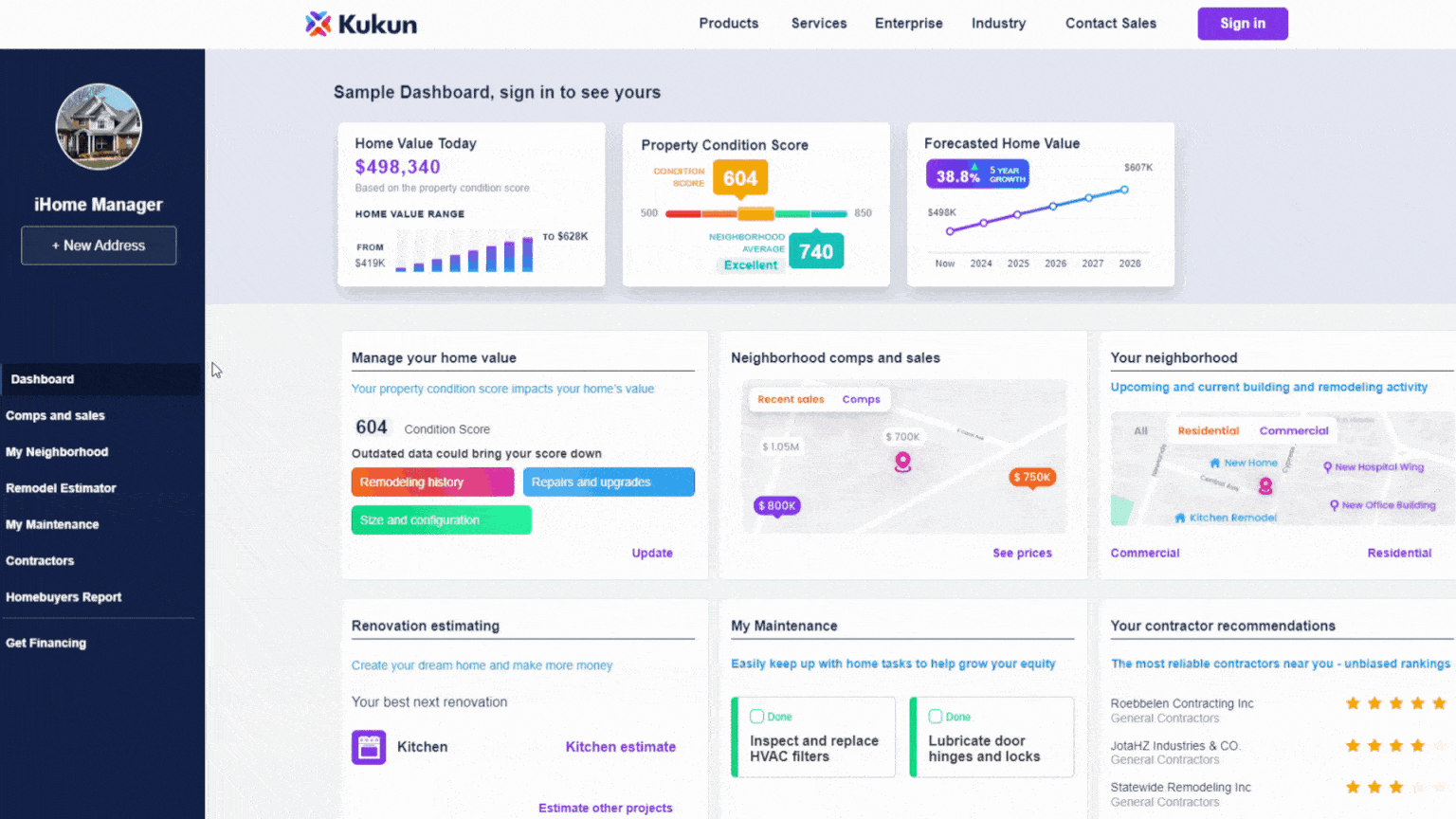The Future of Real Estate: Some Educated Guesses
Updated Wed, Jun 12, 2024 - 4 min read
Prediction is hard: No one knows exactly what our industry will look like. That said, it is possible to make some educated guesses. Here are some trends and possible developments that could shape the industry over the next 20 years:
Technological Advancements
Technology will continue to play a significant role in reshaping the real estate industry. Virtual reality (VR) and augmented reality (AR) could revolutionize property viewing experiences, allowing potential buyers to tour properties remotely. AI-powered tools may streamline property searches, facilitate predictive analytics for pricing, and automate various aspects of transactions.
Sustainability and Green Building
With increasing awareness of environmental issues, there may be a greater emphasis on sustainable and eco-friendly construction practices. Green building certifications could become more common, and properties with energy-efficient features may command higher premiums. Increased energy prices will also add to the pressure to build energy-efficient homes.
Rise of Smart Cities
Urbanization and technological advancements may lead to the development of smart cities, where interconnected devices and sensors optimize various aspects of city living, including transportation, energy usage, and infrastructure. Real estate developers may focus on creating smart, sustainable urban environments to meet the needs of future populations. This means an emphasis on walkability though, of course, cars will continue to be a part of our daily lives.

Shift in Housing Preferences
Changing demographics and lifestyle preferences could influence the types of properties in demand. For example, there may be increased demand for smaller, more economical housing options in urban centers and multi-generational living arrangements to accommodate aging populations and changing family structures. I expect the range of housing options to increase—with homes becoming smaller in the city center and larger in the outer suburbs and rural areas as remote workers build their dream homes, which brings us to my next topic.
Remote Work and Flexible Living
The widespread adoption of remote work may impact housing trends, with more people opting for homes in suburban or rural areas away from city centers. This could increase demand for properties with home office spaces and amenities supporting remote work.
Let's connect, and see how we can help you stay ahead of the market.
Contact us
Regulatory Changes
Government policies and regulations will continue to shape the real estate landscape, including zoning laws, land use regulations, and tax policies. Changes in regulations could influence property values, development trends, and investment strategies. The Federal government will likely step in and force local governments to liberalize their zoning policies to allow for more entry-level housing as the Federal government directly benefits from moving people to where they are most productive, and therefore generate the most taxable income.
Demographic Shifts
Demographic changes, such as population growth, aging populations, and cultural shifts, will impact housing demand and preferences. Real estate professionals will need to adapt their strategies to cater to the evolving needs of diverse demographic groups. Indeed, as we go into the 2030s, all baby boomers will have reached retirement age: And older Americans will outnumber children for the first time in history. While aging in place will become more common, we can expect more transitions into housing suited for older people. This too could contribute to a shift towards smaller homes.
Increased Competition from “iBuyers”
iBuyers will still be a fraction of the market, but if AVMs improve, they are likely to be more competitive with traditional marketing as time goes on. A great deal of venture capital is flowing into these channels, and we can expect their market share to go up as time goes on.
The impact for realtors
I think there will be fewer brokerages twenty years from now as increased anti-trust cases squeeze down commissions and larger firms use technology like virtual staging to make up for this loss with increased volume. The current lawsuits have opened the floodgates and will likely encourage more as other firms enter the fray. That said, the brokers who win the race to embrace automation and new ways of doing business may find themselves thriving with increased profits because much of their competition will be gone.
Conclusion
Overall, the real estate industry is likely to undergo significant transformations over the next two decades driven by technological innovation, demographic shifts, and changing consumer preferences. Adaptability and innovation will be key for real estate professionals to thrive in this evolving landscape. Please visit us at www.kukun.ai to see how we can help you navigate the times ahead and come out a winner.